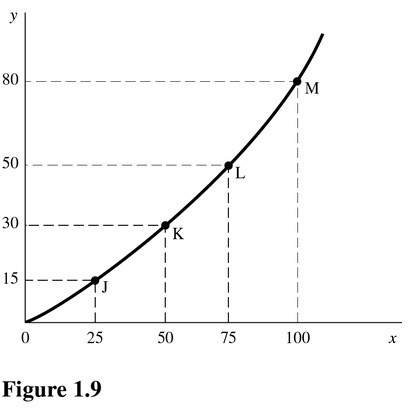Pam graduates from law school and gets a position in a law firm. At the same time the price of hamburger falls while other food prices have stayed the same. She notices that she buys less hamburger than she did before
Is she violating the law of demand? A) Yes, since she is buying less hamburger at a lower price.
B) Yes, since she is buying less hamburger in a relatively short period of time and we wouldn't expect her tastes to have changed.
C) No, since the law of demand refers to relative price changes and the price of hamburger falling is an absolute price change.
D) No, since other things are not held constant, such as her income.
D
You might also like to view...
Results of research conducted regarding the Moving to Opportunity program found that the program had little effect on opening up employment opportunities
Indicate whether the statement is true or false
Which of the following is true?
a. Once the equilibrium price and output is reached, all the mutually beneficial trade opportunities between suppliers and demanders will have taken place, and the sum of consumer and producer surplus is maximized. b. The deadweight loss of a tax is the difference between the lost consumer and producer surplus and the tax revenue generated. c. Those goods that are heavily taxed often have a relatively inelastic demand curve in the short run, so that the burden falls mainly on the buyer, and the deadweight loss to society is smaller than if the demand curve was more elastic. d. All of the above are true.
 In Figure 1.9, as you move up the curve from point J toward point M, the slope
In Figure 1.9, as you move up the curve from point J toward point M, the slope
A. Increases. B. Becomes negative. C. Decreases. D. Remains constant.
If a firm is operating at an output that is a little less than the minimum point of its ATC curve, the marginal cost is
A. greater than ATC and rising. B. greater than ATC and falling. C. less than ATC and rising. D. less than ATC and falling.